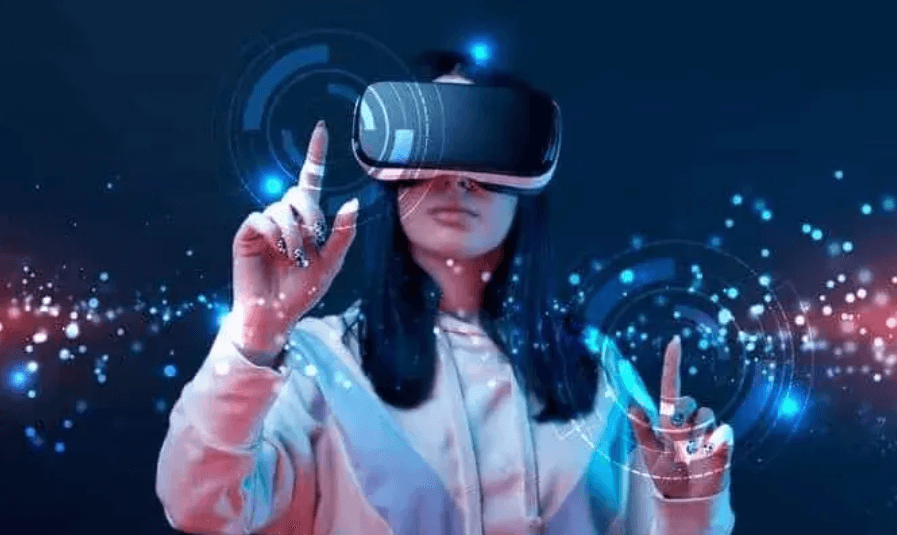The entertainment industry is undergoing a significant transformation due to technological advancements. Streaming services have redefined accessibility and content variety. Meanwhile, virtual and augmented reality are creating immersive experiences that captivate audiences. Artificial intelligence is streamlining production and enhancing storytelling. Furthermore, blockchain technology is revolutionizing distribution methods. As these elements converge, they raise critical questions about the future of entertainment and the implications for creators and consumers alike. What changes lie ahead in this evolving landscape?
The Rise of Streaming Services
As audiences increasingly seek convenience and variety, the rise of streaming services has transformed the entertainment landscape in unprecedented ways.
Subscription models have emerged, allowing consumers to tailor their viewing experiences while fostering greater audience engagement.
This shift not only democratizes access to content but also compels traditional media to adapt, ensuring a vibrant and diverse entertainment ecosystem that champions individual choice.
See also: How Technology Is Shaping the Future of Sports
Virtual and Augmented Reality in Entertainment
While traditional forms of entertainment have captivated audiences for decades, the advent of virtual and augmented reality (VR and AR) is reshaping the way stories are told and experienced.
These technologies offer immersive experiences and facilitate interactive storytelling, allowing users to engage with narratives in unprecedented ways.
The Impact of Artificial Intelligence on Content Creation
With the rapid advancement of artificial intelligence (AI), the landscape of content creation in the entertainment industry is undergoing a significant transformation.
AI-generated scripts, powered by predictive analytics, enable creators to craft compelling narratives that resonate with audiences.
This innovative approach not only enhances efficiency but also fosters creative exploration, empowering artists to push boundaries and redefine storytelling in profound ways.
Blockchain Technology and the Future of Distribution
Although traditional distribution models have long dominated the entertainment landscape, the advent of blockchain technology promises to revolutionize how content is shared and monetized.
By utilizing decentralized platforms and smart contracts, creators can retain greater control over their work while ensuring transparent transactions.
This shift empowers artists and consumers alike, fostering a more equitable ecosystem that champions freedom and reduces reliance on intermediaries.
Conclusion
As technology propels the entertainment industry into a new era, it juxtaposes traditional storytelling with digital innovation. Streaming services offer instant access to diverse content, while virtual reality transforms passive viewing into immersive experiences. Artificial intelligence streamlines production, yet raises questions about creativity’s essence. Meanwhile, blockchain introduces equitable distribution, challenging established power dynamics. Together, these advancements not only cater to a tech-savvy audience but also redefine the very fabric of entertainment, forging a landscape both familiar and uncharted.




